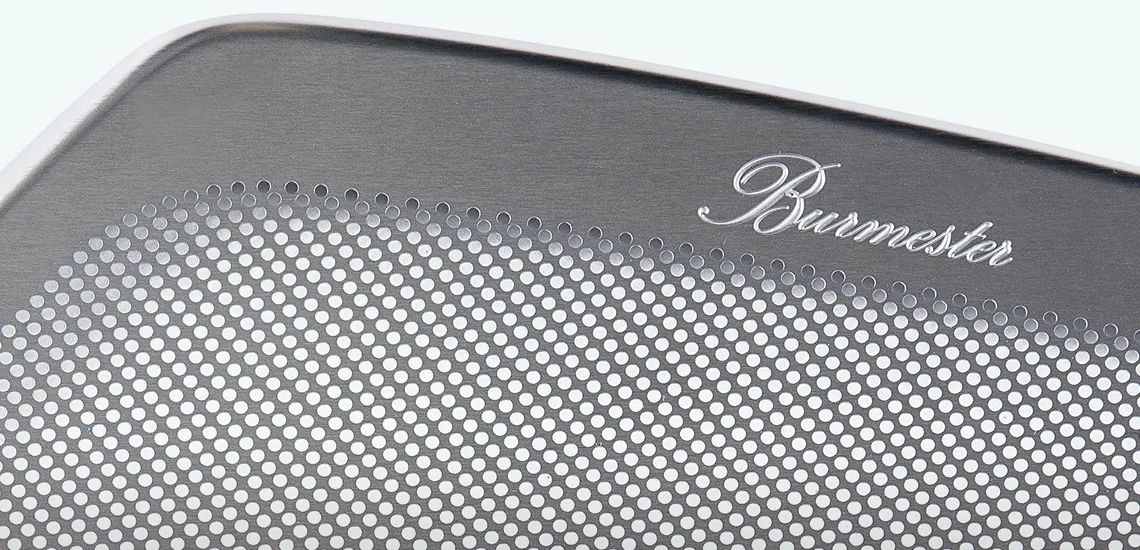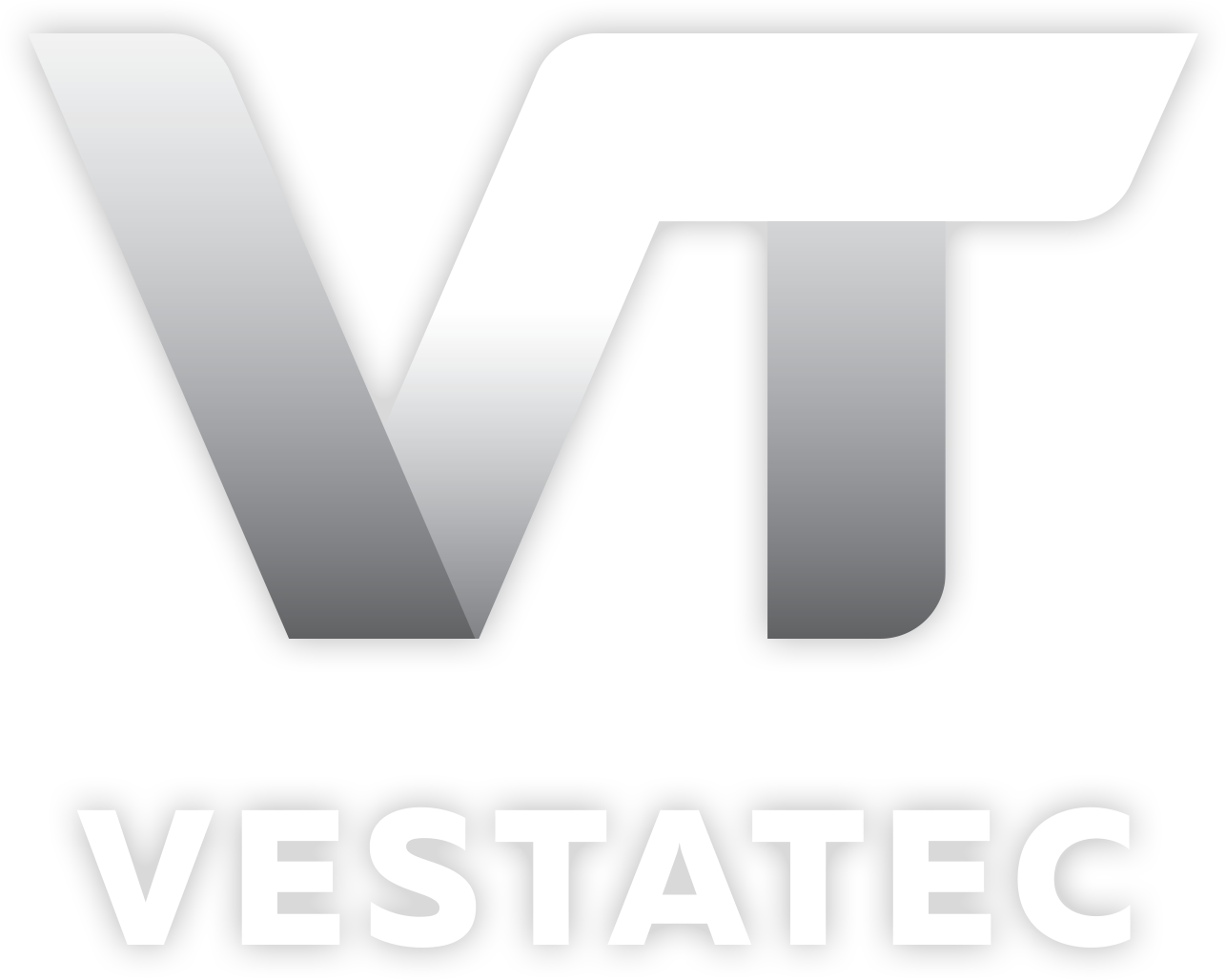
26 Oct 5 Benefits of Chemical Etching for Speaker Grilles
In the world of audio engineering and design, even the tiniest details can make a significant difference in the overall performance and aesthetics of a product. Speaker grilles are no exception. Our chosen manufacturing technique for crafting our high-quality speaker grilles is chemical etching.
What is chemical etching?
Chemical etching, also known as photo etching or chemical milling, is a subtractive sheet metal machining process which utilises photoresist and corrosive chemicals to dissolve a desired design into metal sheets.
The benefits
We chose chemical etching because it offers a range of advantages that can enhance both functionality and aesthetics.
1. Precision engineering
A high-precision manufacturing process, chemical etching allows for intricate designs and patterns to be etched with exceptional accuracy. When it comes to speaker grilles, precision is crucial to maintaining the right balance between aesthetics and acoustic performance as the slightest discrepancy can easily cause issues.
The ability to create complex designs and accurately reproduce intricate patterns allows us to create speaker grilles that enhance sound quality.
2. Acoustic transparency
To deliver the best performance possible, speaker grilles need to strike a delicate balance between protection and acoustic transparency. Traditional manufacturing methods like stamping often involve perforating the metal, which can lead to distortion or attenuation of sound waves. Chemical etching, on the other hand, allows for the creation of micro-sized holes or openings in the metal without compromising its structural integrity. This means that sound waves can pass through the grille with minimal interference, ensuring optimal audio performance.
3. Customisation
We understand that product differentiation is key in today’s competitive automotive market. Chemical etching empowers us to create unique and customised speaker grilles that stand out in bothaesthetics and performance. Whether it’s incorporating brand logos, intricate patterns, or innovative shapes, chemical etching offers almost unlimited design complexity.
4. Durability and strength
Speaker grilles need to be sturdy enough to withstand everyday wear and tear, without compromising their function or appearance. Chemical etching is completely burr-free, with no damage to the material substrate so the structural integrity isn’t compromised. The precise control over the etching process adds to the manufacturers’ ability to maintain the structural integrity of the material while creating the desired design. This ensures that the speaker grille remains strong and retains its visual appeal over time.
5. Consistency and reproducibility
Maintaining consistent quality across a batch of speaker grilles is paramount. The chemical etching process can be precisely calibrated, resulting in an extremely high level of consistency across batches, creating uniform patterns and openings on each grille produced.
This unparalleled level of consistency ensures that the performance and aesthetics of the speaker grilles remain much more consistent than those produced using traditional methods, meeting the increasingly high standards set by manufacturers.
Summary
Chemical etching has emerged as a game-changer in the manufacturing of speaker grilles. Its precision, customisation options, durability, consistency and the high level of acoustic performance it contributes towards makes it an ideal choice for both audio engineers and product designers alike
As sound technology continues to advance, we can expect to see even more innovations in the field of speaker grille manufacturing and more OEM’s adopting chemical etching into their processes. So, whether you’re designing speakers for audiophiles or aiming for superior audio quality in everyday devices, the numerous benefits that chemical etching brings to the table are undeniable.
For more information on our chemically etched speaker grilles, please get in touch today.



Sorry, the comment form is closed at this time.